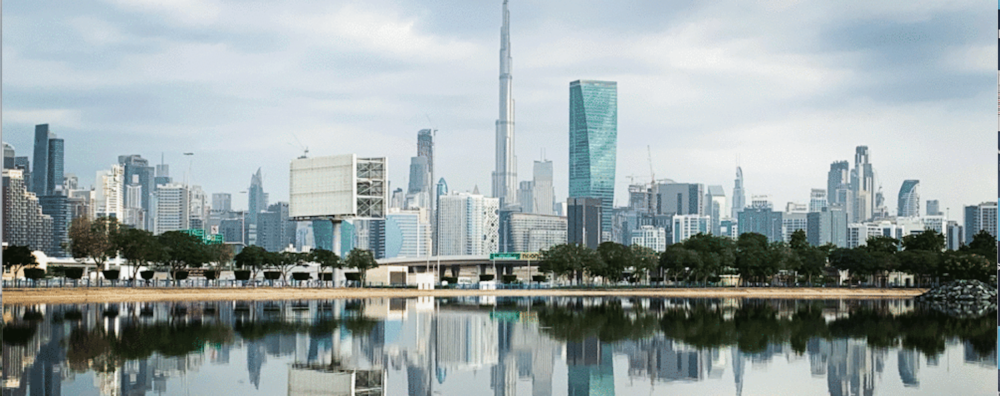“Oh THAT’LL be over well before we get back,” I thought to myself on the plane to Florida, as the news spread through the aircraft that Andy Murray had won Wimbledon on the hottest day of the year so far.
“Heat waves in the UK never last more than four or five days,” I told DH. “A week tops.”
Famous.Last.Words.
I take it back, I do, because to my utter amazement, we find ourselves back in baking Britain, watching the news in disbelief as we hear about bush fires tearing through the country’s commons, train tracks buckling and roads melting in the heat.
And, you know what, I’m beginning to think: [lowers her voice] it might be MY fault.
You see, when I come back to the UK for summer leave, one of the things I really look forward to is cooler weather. The kind of weather where I can actually wear a long-sleeved top. Maybe even get a goose-bump or two in the evening. And certainly not have to worry about sunscreen for a few weeks.
But, with the exception of our homecoming last year, when the UK was experiencing floods of biblical proportions meriting an inland lifeboat rescue, what tends to happen is this: I get off the plane and the temperature rockets by at least 10 degrees.
It’s like the Dubai heat comes with me, loses much of its intensity on the journey, but then bursts out of my suitcase along with our six-weeks’-worth of clothes to breathe hot, humid air on greener pastures.
(I’m available for hire if you’re planning an event requiring freakish temperatures. And, I know. I know. Folks in the UK have waited months, even years, for weather as warm as this).
Of course, it’s not as hot as Dubai. Nowhere near. It’s just that you feel it more in Britain. With plenty of experience under my belt when it comes to living under a blazing-hot sun, I feel reasonably qualified to comment on why this is so.
Without much further ado, here are my top 10 observations:
1. Hot houses: British homes are designed for cold, damp weather, and are increasingly being built with heat-retaining insulation. Draughts are the enemy, whereas in the Middle East, houses were traditionally built around a central courtyard to promote air flow. Wind towers also provided ventilation.
2. Air conditioning: Modern homes in Dubai don’t have wind towers anymore of course, because there’s air conditioning absolutely everywhere. Fake air, yes, but I bet the owners of the 0.5 per cent of British homes that have AC aren’t wiping their brows right now.
3. Drinking fountains: Something I noticed while living in the US is that you’re never too far from a water fountain. In Florida last week, we carried a bottle around with us and re-filled it (albeit with egg-smelling swamp water) frequently. It was at least drinking water, which is more than you can say for most public facilities in the UK.
4. Curtains closed: On entering our rental property in Florida, all the drapes were shut, to stop the sun beating in. In Britain, however, we’re trained to expose ourselves to sunlight the moment it makes an appearance.
5. Ahh, that’s nice: At the US theme parks, there were undoubtedly moments when we all felt hot and irritable, but cooling mechanisms, such as giant fans that spritzed you with cold water, helped a lot.
6. Whirling fan: Our bedroom in Florida was equipped with an energy-efficient ceiling fan (as well as AC) and I loved falling asleep under its whirling blades. If these became popular in Britain, you could reverse the direction in winter to draw warm air from the ceiling.
7. Hot metal: Chaos unraveled at London’s Waterloo train station on Monday due to a track that buckled in the heat. In other parts of the country, speed restrictions have been enforced to prevent hot rails from being damaged. In some countries with persistently hot weather, rails are laid on reinforced concrete (known as slab track) and won’t buckle. But with a price tag that’s four times higher, slab track is unlikely to take off in Britain and Network Rail has instead started painting some sections of rail white so less heat is absorbed.
8. Cooling centres: In US states such as Illinois, New York and Minnesota (where we lived for several years), cooling centres with air conditioning, drinking water and often medical attention are set up to offer relief from the heat. If these took off here, I’m guessing the number of heat-related deaths would be less.
9. Outdoor pools: Some municipal swimming pools in the US offer discounted admission during heat waves and extend their opening hours. In the UK, however, the number of open-air Lidos, built from Victorian times until the 1960s, is dwindling.
10. And finally: While I’m not suggesting these measures are needed in Britain, other things that help beat the heat in the Middle East are tinted windows on cars; paints, coatings and glass that reduce heat; and a midday break rule enforced during the summer to keep workers out of the sun between 12.30pm and 3pm.
My best advice, though: Enjoy! What absolutely amazing weather!

